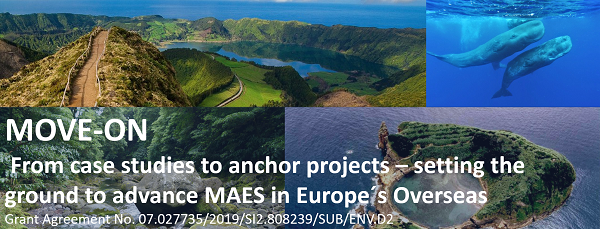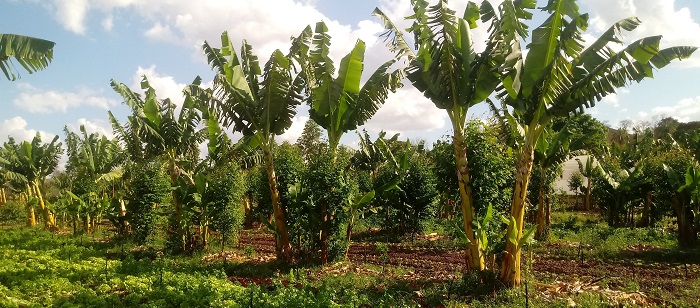According to international estimates, Kazakhstan belongs to the group of countries most vulnerable to climate change. Measurements show that the average annual temperature in Kazakhstan is growing faster than the global average. At the same time, water resourcescarcity and the frequency of droughts, the number of extreme weather events and heat waves are increasing. All of this has a major impact on all sectors of the economy and on human health, food security and natural ecosystems, and requires urgent adaptation measures.
In accordance with the obligations and on UNFCCC Kazakhstan has started development of a roadmap on adaptation to climate change. Recently accepted the Environmental Code provides, that the roadmap will serve as a basis for planning and integrating climate change adaptation activities in the economic sectors, that are legally defined as priorities[1], as well as in regional programs, implemented by local governments. [Read more…] about Ecosystem based approach on adaptation to climate change in Kazakhstan



